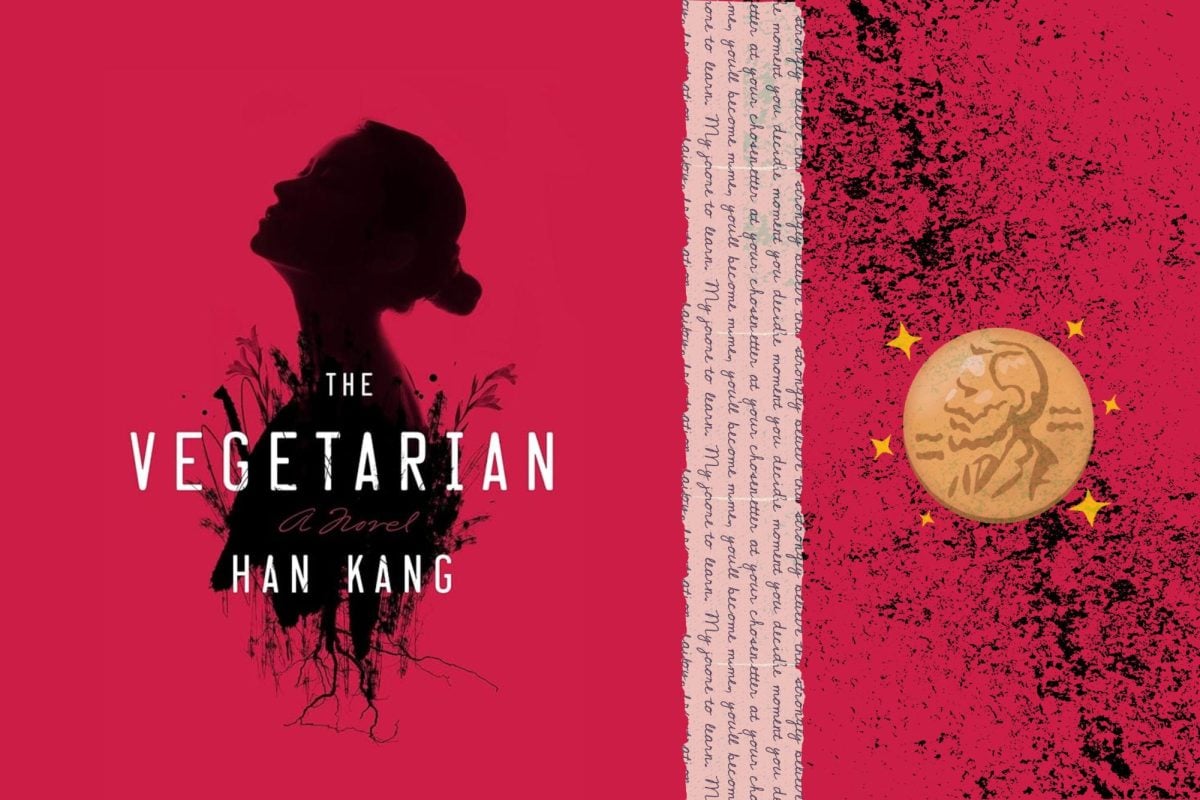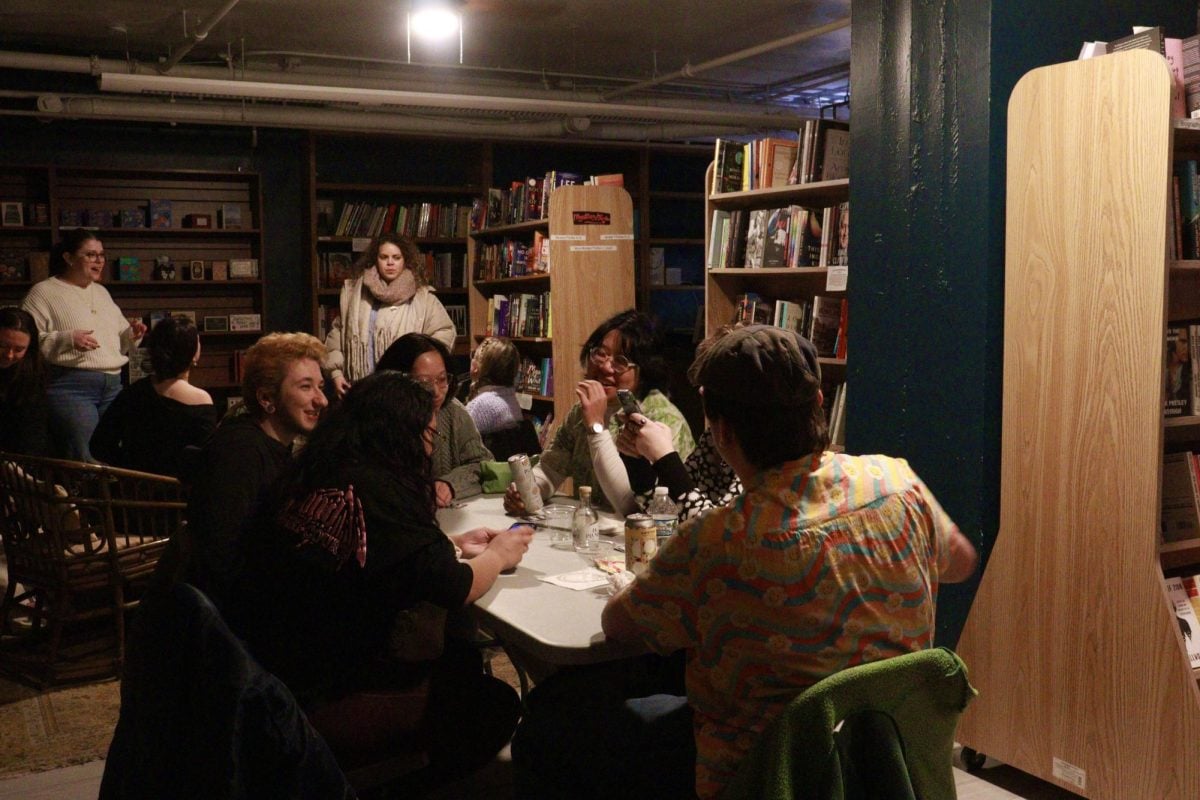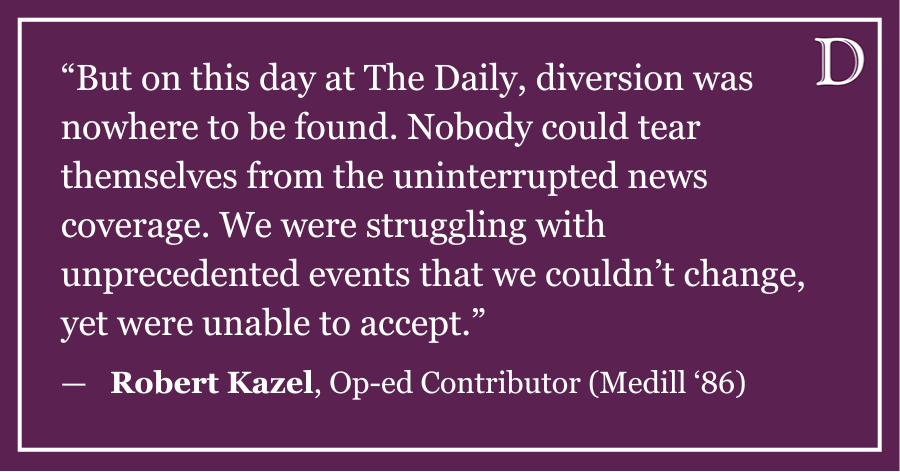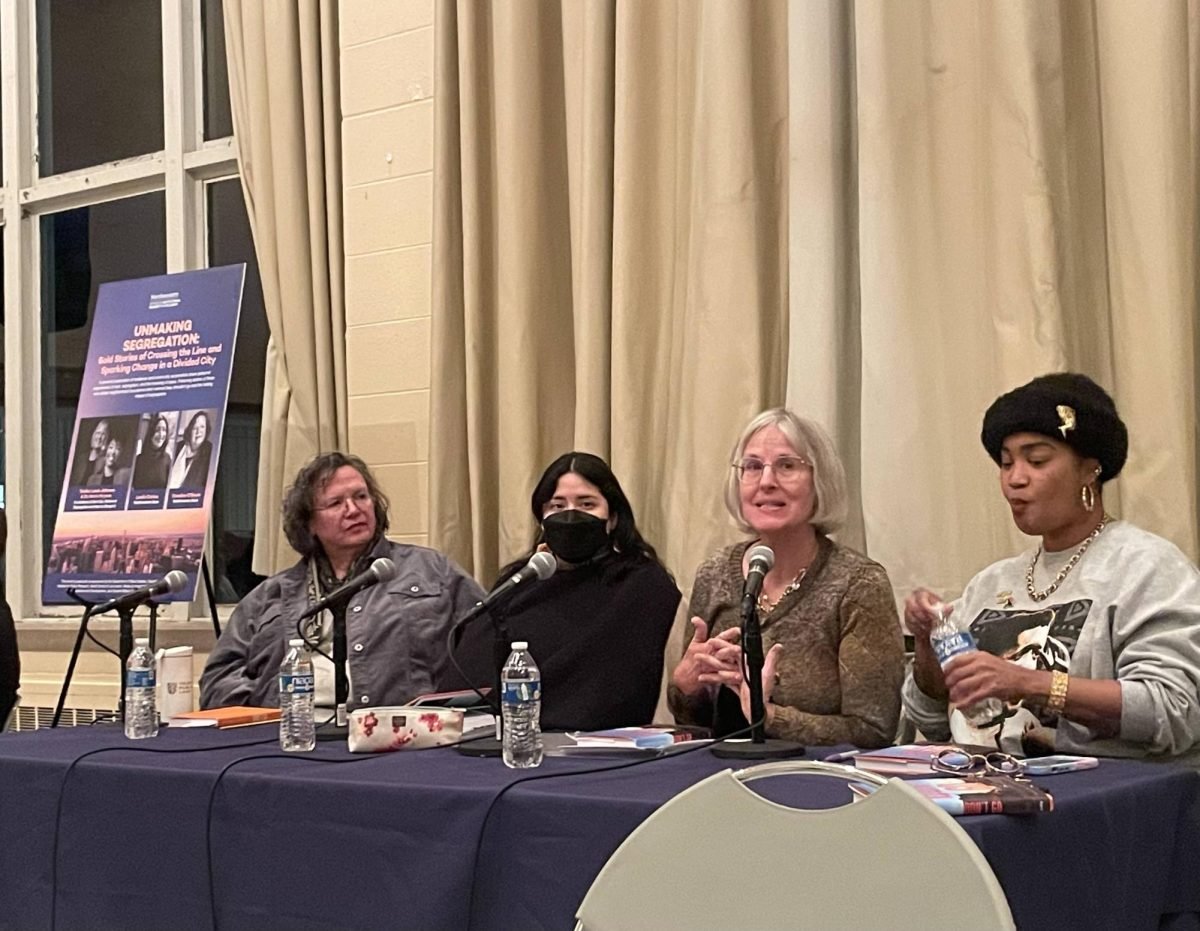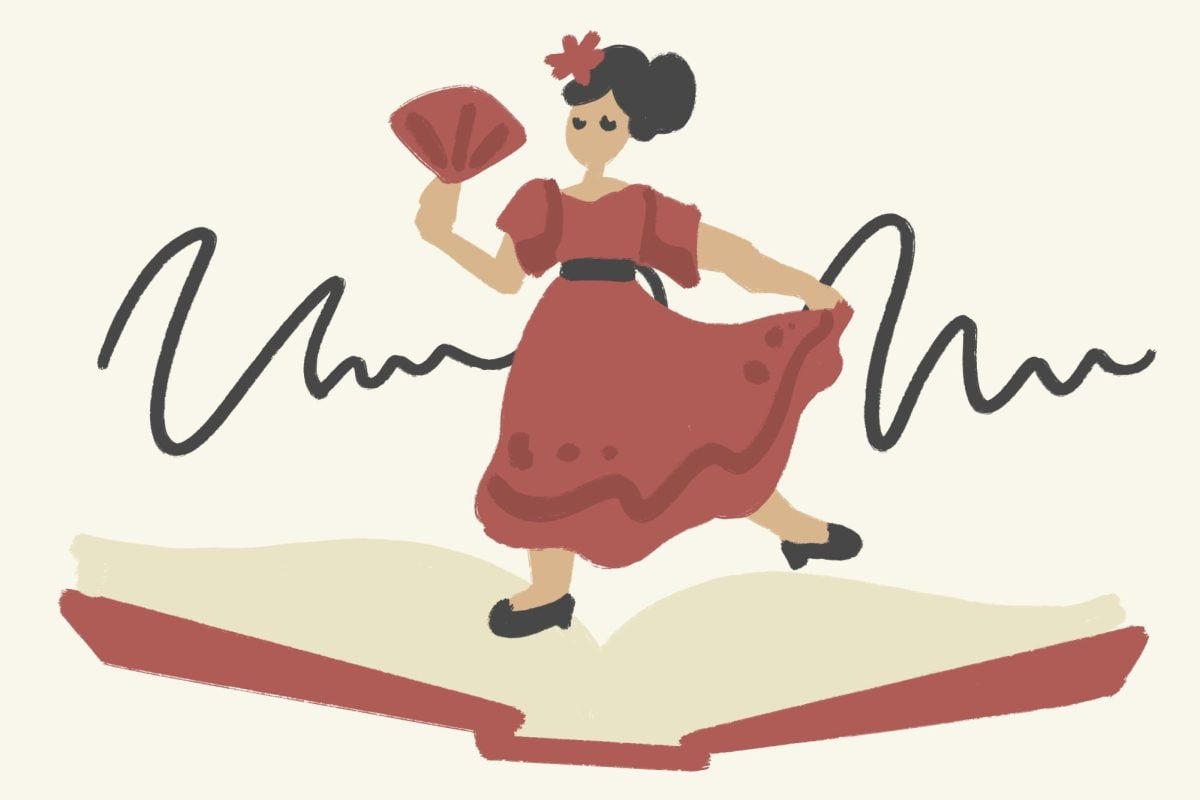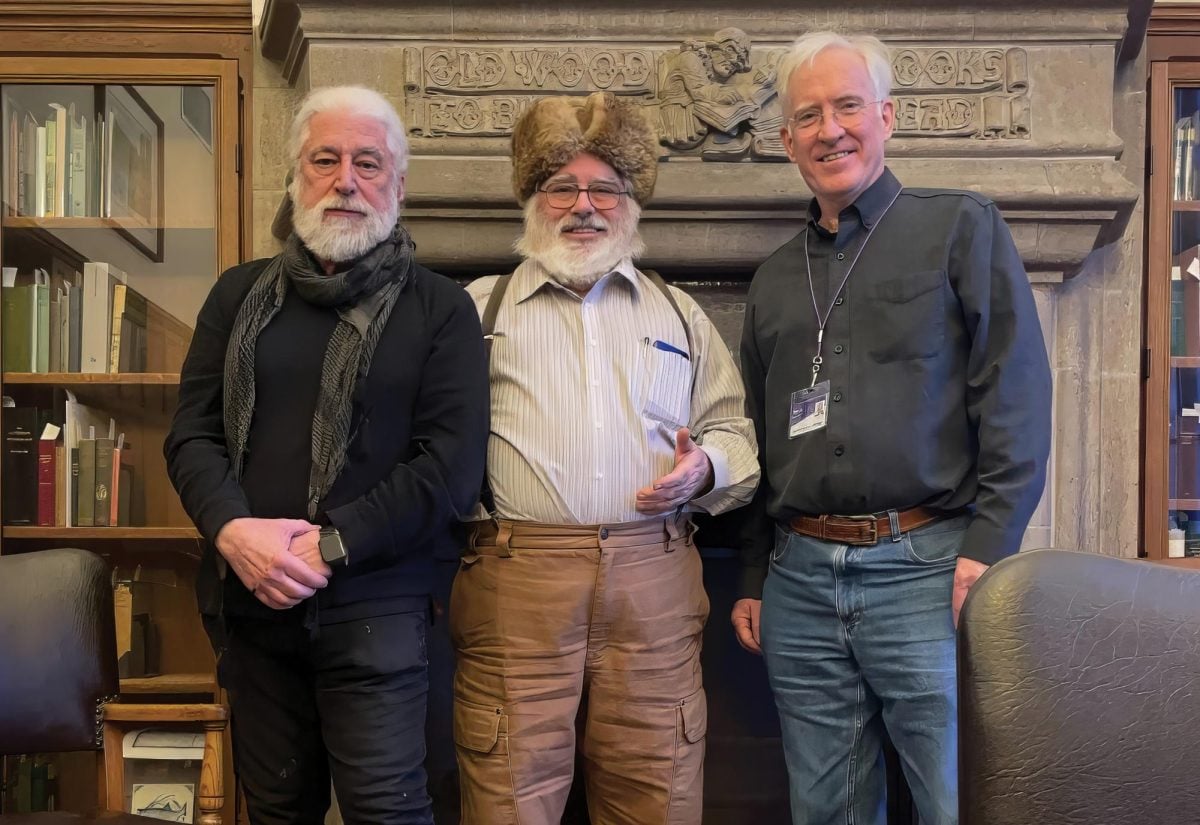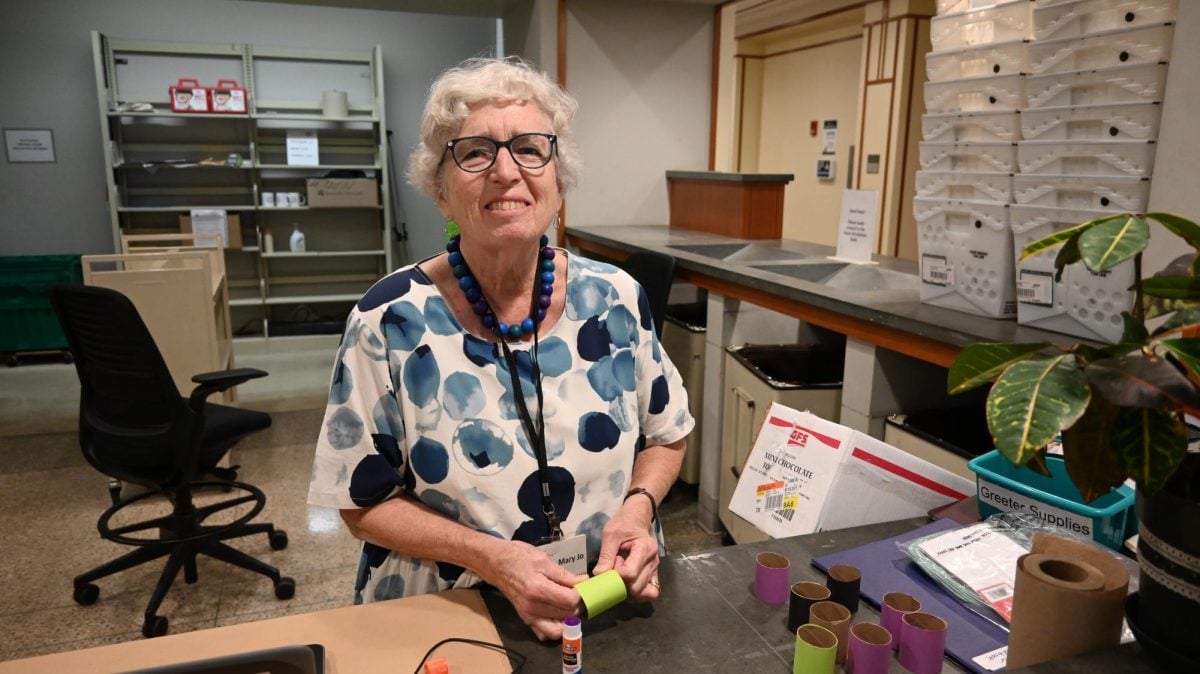Written by South Korean author Han Kang and translated by British writer Deborah Smith, “The Vegetarian” masterfully explores the lure of volatile human desire by challenging South Korean societal and sexual norms.
Published in Korean in 2007 and translated to English in 2015, Kang’s novel follows Kim Yeong-hye, an introspective middle-aged South Korean woman, and the reactions of her family when she is inspired — in vivid and unsettling dreams — to follow a strict vegetarian diet.
The novel follows the perspective of three characters: Yeong-hye’s husband, brother-in-law and older sister. Each character holds different sentiments toward Yeong-hye: repulsion, lust and love, respectively.
When Yeong-hye decides to stop eating meat, her husband’s indifference toward her turns to repulsion. He symbolizes the oppressive societal norms in South Korea, abandoning Yeong-hye when her new way of life becomes an embarrassment to him.
Meanwhile, Yeong-hye’s brother-in-law is fascinated with her new diet and develops a disturbing sexual obsession with her body. His new art project features Yeong-hye as the subject of his work and adorns her body with painted flowers.
Yeong-hye’s older sister, In-hye, struggles with the complexity of emotions that Yeong-hye faces in her dilemma. Unable to sympathize with her sister’s decision, In-hye’s life is characterized by social conformity and suppression of emotion.
Though it is impossible for a translation to hold all of the expressive depth and emotional connotation of the original edition, I was left wholly unsatisfied with some of the novel’s underdeveloped descriptions.
For example, Smith writes, “Why am I changing like this? Why are my edges all sharpening—what I am going to gouge?”
However, the original sentences in Korean can more accurately be translated to: “Why? Why am I withering and wasting away like this? Why are my edges all sharpening—what am I preparing to pierce?”
Line-by-line comparisons between the two versions exposed lost opportunities to convey the same level of nuance in the English translation.
Kang’s work embarks on a deep exploration of color, sound and the human body. Descriptions of Yeong-hye’s emaciated frame and the vibrancy of the flowers on her naked body skillfully contrast the dullness of her outer appearance with the emotional intensity within. Kang’s muted tone, which permeates throughout the novel, dramatizes the internal and external conflict throughout the story.
Contrary to what the title may suggest, “The Vegetarian” reveals more about the prejudices and character of Yeong-hye’s family in response to her quiet defiance than vegetarianism itself.
Though Smith’s translation may inevitably fall short, Kang’s effortless storytelling is a victory for highlighting the female oppression in South Korea and is well-deserving of its Nobel Prize in literature.
Email: [email protected] X: @AliceeOhh
Related Stories:
— Spanish author Fernando López Rodríguez presents his book to the Department of Spanish and Portuguese
— Evanston Public Library volunteer talks importance of books and service
— Do We Really Need This? Eli Rallo’s new book ‘I Didn’t Know I Needed This’ needs more spunk
